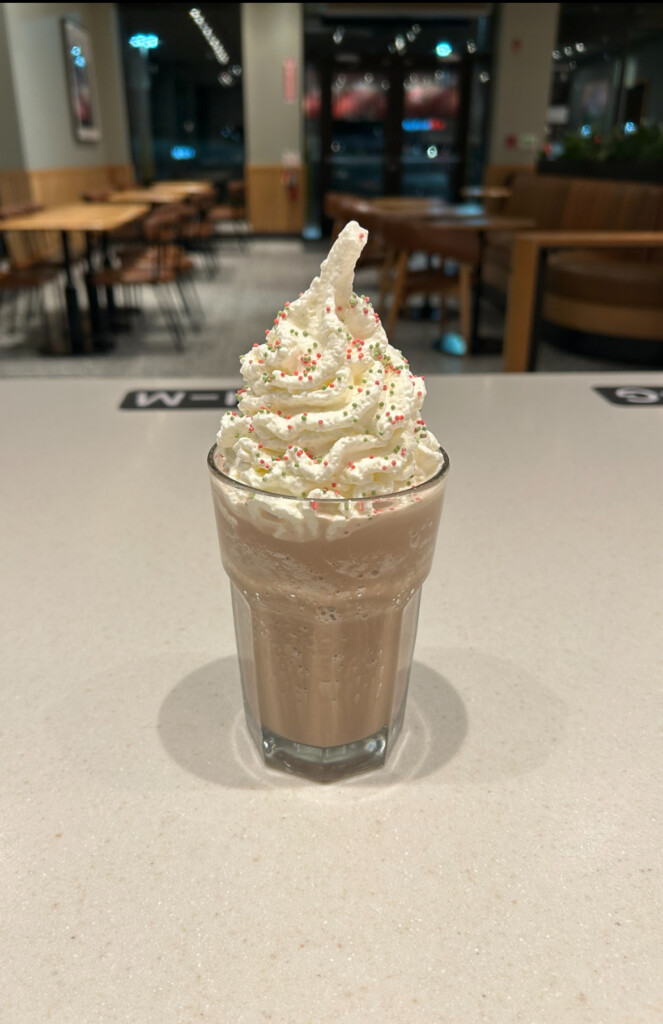It’s difficult to explain why I first chose to go to Turkey. Originally, I jumped into studying abroad (a requirement for my major, International Relations) with the understanding that it’d be best to get away from the “traditional” locations most people choose.
My first academic experience abroad was in Istanbul, Turkey’s largest city. It is a city of about 14 million people and is layered in thousands of years of history and multiple empires. Istanbul is unmatched in terms of modern urban life. It is a bustling metropolis, where you can see both anything and everything: street vendors who directly engage with you, a distinct lack of traffic law enforcement and conservative cafes and trendy bars that have extremely different clienteles. Istanbul was really the first city I had a connection with.
I went to Turkey for the second time this summer. I learned Turkish in Ankara, the country’s capital and second-largest city, and lived with a host family. Ankara is much more suitable for a work-intensive environment, with fewer distractions than Istanbul.
One Friday night this summer at a resort town on the Aegean Sea’s Turkish coast, I stayed up until the early hours of the morning watching F-16 fighter jets take off from an airbase in Diyarbakir, in eastern Turkey. Initial reports stated that all bombings were on Islamic State (IS) targets, in northern Syria, but it was later announced that the Turkey also carried out bombings of the PKK, a Kurdish insurgent movement operating within Turkey. The PKK has long been recognized as a terrorist organization by the United States and NATO. Kurds heavily populate Turkey’s southeast, and they make up an estimated 18 percent of the Turkish population. Kurdish freedoms were previously under heavy restriction by various Turkish governments. These airstrikes occurred under the backdrop of the Turkey-PKK peace process, which started in 2012 and produced a ceasefire, which has since ended. Bombings by both sides have led to raids; which have led to arrests; which have led to protests, more arrests and the deaths of more civilians, soldiers and insurgents in Turkey. This week, an attack by the PKK in the village of Daglica in southeast Turkey killed 16 Turkish soldiers. Mobs and protests have since targeted newspaper offices and political parties.
Two Vice News journalists were arrested and released on terror-related charges last week, and their cameraman, Mohammed Ismael Rasool, is still detained. Frederike Geerdink, a Dutch journalist, was “in custody” this past weekend, but has been released. Various news outlets have reported that she will be deported.
The backdrop of all of these events is the Turkish electoral system. Elections were held earlier this year, and four political parties received over 10 percent of the vote. The parties—the ruling AKP, secular CHP, nationalist MHP and the pro-Kurdish HDP—did not come to an agreement to form a new government. Recep Tayyip Erdogan—the former Prime Minister and member of the AKP—is now President, and he is grappling arguably with his most insecure political position ever.
Early elections will be happening in seven weeks, on November 1.
Many outside observers of Turkey have connected these dots—the uptick in violence, crackdown on press freedoms and early elections—and concluded that this is all part of a plan by Erdogan and the AKP to retain power. It’s not that easy. Turkey has been an ally of the U.S. for quite a while. Both the United States and Turkey are NATO members, and with that relationship comes certain assumptions and expectations. As the conflict against IS and other related groups in the Middle East steps up, increased partnership by both countries to combat common enemies in the region will be vital. Unfortunately, few know the true origins of recent violent events in Turkey.
A cycle of violence is restarting in Turkey. It desperately needs to be stopped.
Schaffer is a member of the class of 2016.

